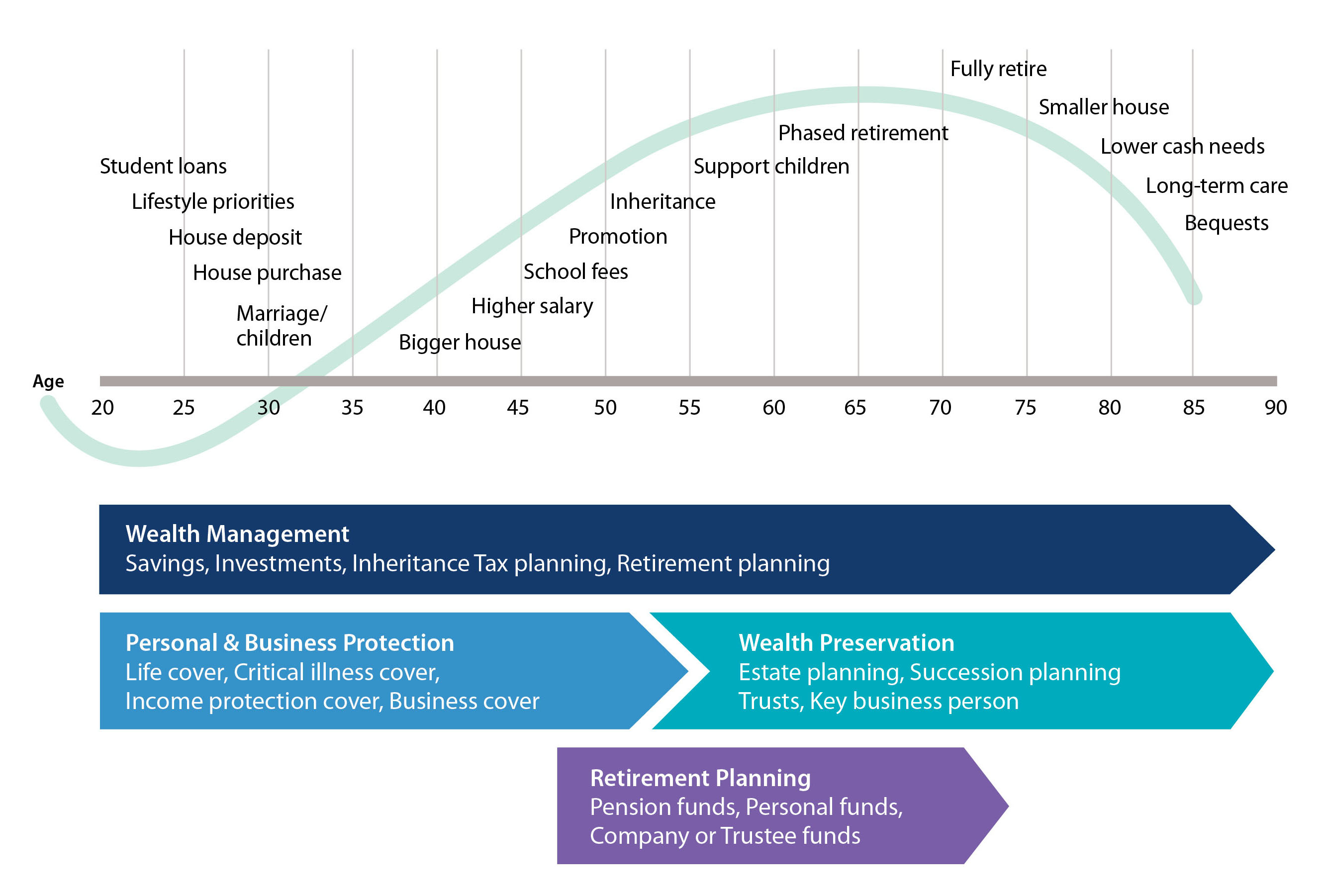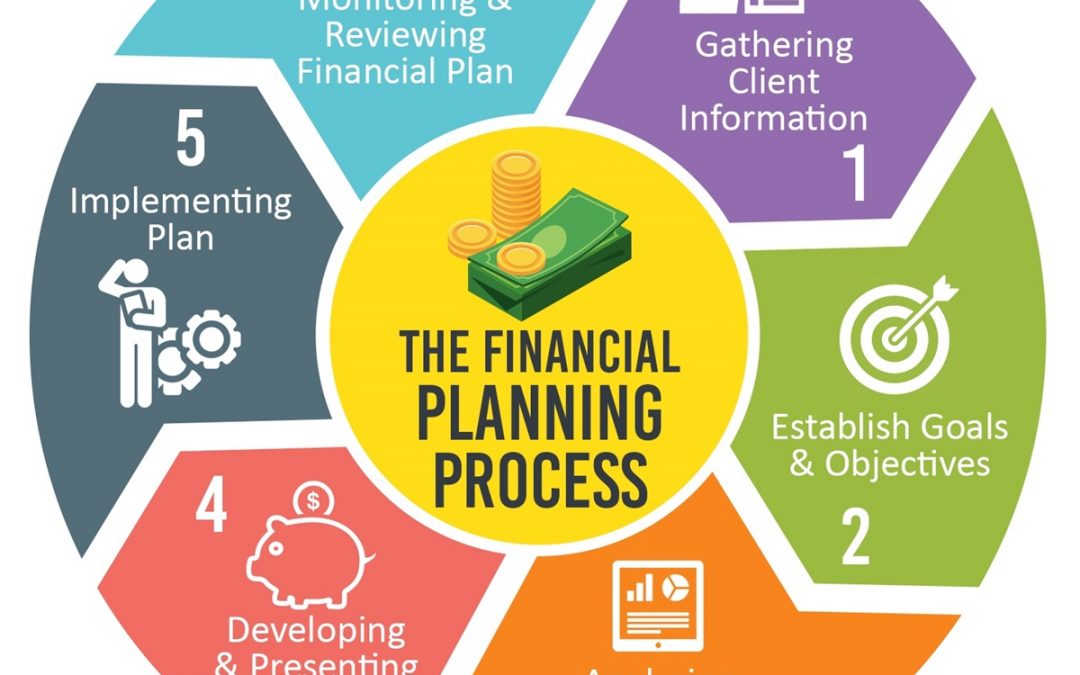As an experienced SEO writer, your task is to write two opening paragraphs in English for an article titled The Benefits of Financial Planning: Achieving Financial Security. This article targets the keyword Financial Planning. The meta description for this article is:
Discover the key benefits of financial planning, including financial peace of mind, increased security, and greater control. Learn how financial planning can help you achieve a more secure financial future.
The opening paragraphs should be designed to grab the reader’s attention and encourage them to continue reading the article. Use the meta description as a guide to determine what information should be included in the opening paragraphs. Each paragraph should not exceed 200 characters.
In writing the opening paragraphs, be sure to adhere to the following writing guidelines:
– Intent: To educate readers on the importance and benefits of financial planning
– Style: Informative and educational with practical tips and advice
– Tone: Professional and authoritative
Be sure to include the keyword Financial Planning in one of the paragraphs. Also, provide some background or context on the article topic to help readers understand what they will be reading.

Understanding Financial Planning
Financial planning serves as a strategic roadmap guiding individuals towards a secure financial future. It encompasses setting clear financial objectives, meticulously crafting budgets, and making informed long-term investment decisions. By proactively engaging in financial planning, individuals empower themselves to achieve their desired financial milestones and lead a more stable and secure financial life. It’s a personalized journey towards financial well-being.

The Significance of Financial Planning: Achieving Your Financial Aspirations
Accelerating Financial Goal Achievement
Financial Planning Benefits can propel you towards your financial aspirations swiftly by outlining a clear path to success. Setting specific and measurable goals with a financial plan enhances focus and motivation, leading to a more efficient journey to financial success.
Enhanced Financial Decision-Making
Financial Planning Benefits empower you to make sound financial decisions. By evaluating your current financial situation and strategically planning for the future, you can navigate financial choices with confidence and clarity, ensuring optimal outcomes.
Preventing Financial Blunders
Effective financial planning serves as a shield against common financial mistakes. Through proactive financial management and risk assessment, you can steer clear of pitfalls and safeguard your financial well-being for a stable and secure future.
Ensuring Financial Security
Financial Planning Benefits provide a sturdy foundation for a secure financial life. By creating a roadmap for savings, investments, and risk management, financial planning offers peace of mind and resilience in the face of unexpected financial challenges, ensuring stability and security.

Exploring Different Types of Financial Planning
Retirement Planning
Retirement planning involves setting financial goals for your post-employment years. It includes strategies to accumulate savings, manage assets, and ensure a comfortable retirement. Understanding your retirement needs early on can help you create a solid financial plan.
Education Planning
Education planning focuses on saving and investing for future educational expenses, such as college tuition. Starting early and utilizing education-specific savings accounts can help mitigate the financial burden of higher education for you or your children.
Estate Planning
Estate planning involves outlining how your assets will be managed and distributed after your passing. It ensures that your wealth is transferred according to your wishes while minimizing taxes and legal complexities for your beneficiaries.
Investment Planning
Investment planning is about creating a strategy to grow your wealth through various investment vehicles. Understanding risk tolerance, diversification, and long-term goals is key to maximizing returns and achieving financial growth over time.

Financial Planning for Different Life Stages
Financial Planning for Young Adults
Young adults benefit from starting financial planning early. Focus on setting financial goals, creating an emergency fund, managing student loans wisely, and investing for long-term growth. As income grows, consider retirement savings and insurance coverage to secure your financial future.
Financial Planning for Families
For families, financial planning involves budgeting for everyday expenses, saving for children’s education, protecting against unforeseen events with insurance, and planning for homeownership. Estate planning and retirement savings are crucial to ensure financial stability for both current and future generations.
Financial Planning for Retirees
Retirees need specialized financial planning to manage retirement funds, pensions, and social security benefits efficiently. Focus on optimizing investments for stable income, assessing healthcare costs, reviewing estate plans, and implementing strategies to make retirement savings last. Financial planning helps retirees enjoy a comfortable and worry-free retirement life.

Common Financial Planning Mistakes
Avoiding Financial Pitfalls
Many individuals overlook the importance of setting clear financial goals, which leads to directionless planning. Establishing specific, measurable objectives can guide your financial decisions and progress.
Budgeting for Financial Success
Failing to create a budget hinders financial planning. A budget serves as a roadmap, aiding in controlling expenses, saving for goals, and avoiding debt accumulation.
Embracing Long-Term Investments
Neglecting long-term investments limits wealth growth potential. Engage in strategies like diversified portfolios and compounding returns for financial security and future stability.
Consistency in Financial Monitoring
Forgetting to review your financial plan regularly can lead to missed opportunities and ineffective strategies. Regular evaluations ensure alignment with goals and adaptability to changing circumstances for optimal results.

Exploring the Benefits of Financial Planning
Financial Peace of Mind
Financial planning instills a sense of calm by outlining a roadmap for your financial future, ensuring you have a safety net for unexpected expenses. Achieving clarity on your financial goals and having a solid plan in place can alleviate stress and provide peace of mind knowing you are prepared for whatever may come your way.
Increased Financial Security
With a well-thought-out financial plan, you can safeguard yourself and your loved ones against unforeseen circumstances like emergencies or job loss. By creating a buffer through savings and investments tailored to your needs and risk tolerance, financial planning acts as a shield, offering a sense of security and stability in an unpredictable world.
Greater Financial Control
Financial planning empowers you to take charge of your finances proactively. By setting realistic goals, creating budgets, and tracking expenses, you gain a better understanding of where your money goes, allowing you to make informed decisions to optimize your financial health. This control fosters confidence in your ability to shape a prosperous future.
Improved Financial Literacy
Engaging in financial planning enhances your knowledge of various aspects of money management, from investments to taxes. By working with professionals or utilizing resources, you can broaden your financial literacy, enabling you to make informed choices that align with your long-term objectives. Improved financial knowledge leads to wiser financial decisions, setting the stage for sustainable wealth creation.
